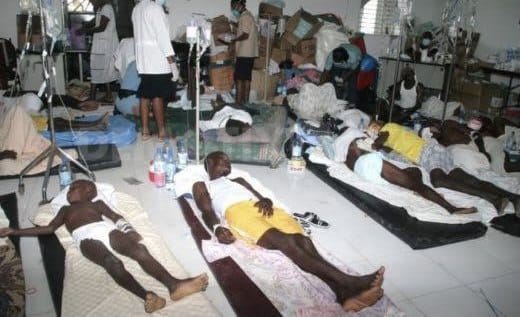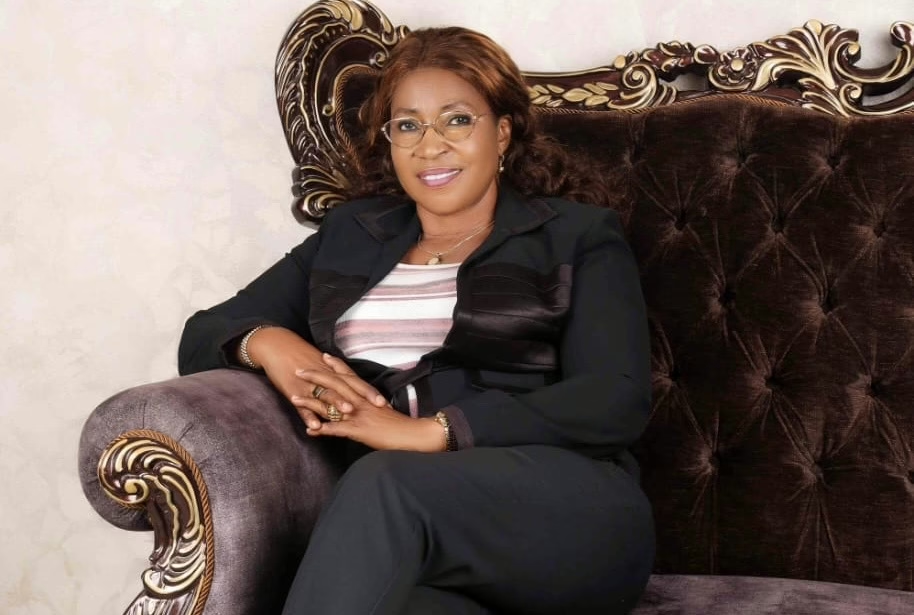The Lagos State government has urged residents to be more vigilant and to adopt precautionary measures following a cholera outbreak that has resulted in five deaths.
Akin Abayomi, the state’s Commissioner for Health, issued a statement on Wednesday indicating that the state has seen a significant increase in severe gastroenteritis cases over the past 48 hours.
Mr. Abayomi revealed that severe gastroenteritis cases have been reported in communities within the Eti-Osa, Lagos Island, Ikorodu, and Kosofe local government areas.
He further noted that the outbreak has led to around 60 hospital admissions and five fatalities, primarily due to patients seeking medical help late and suffering from extreme dehydration.
“We have activated a statewide heightened surveillance and response.
“The Ministry of Health Directorate of Environmental Health and the Lagos State Environmental Protection Agency (LASEPA) have been alerted to investigate a possible water contamination source in the Lekki, Victoria Island axis.
“We suspect a possible cholera outbreak; however, samples have been taken for confirmation,” he said.
The commissioner noted that following recent rainfall, Lagos had witnessed a notable increase in cases of severe vomiting and watery stools, adding that urban slums and crowded areas with poor sanitation are particularly at risk.
Mr Abayomi explained that cholera is a highly contagious disease that causes severe diarrhoea and can be life-threatening.
He added that it posed a significant health burden in poor water treatment and sanitation areas and could impact the state.
“Cholera spreads through direct transmission by eating or drinking contaminated food or water and indirect transmission due to poor sanitation and a lack of handwashing.
“Symptoms of cholera include severe watery diarrhoea, vomiting, rapid dehydration, muscle cramps, fever and sometimes collapse,” he said.
According to him, treatment options for cholera include dehydration and using oral dehydration salts (ORS) for mild to moderate dehydration.
He noted that intravenous fluids are used for severely dehydrated patients, given only in medical facilities and supervised by medical personnel.
“To prevent cholera, citizens are urged to ensure safe drinking water by boiling, chlorinating, or using bottled water and avoiding ice products made from untreated water,” Mr Abayomi advised.
He also advised residents to rely on the state Ministry of Health, the Nigeria Centre for Disease Control (NCDC), and accredited local health facilities for guidance, advice, and updates on prevention, treatment, and management.
The commissioner disclosed that suspected cases should be promptly reported via the following emergency hotlines: 08023169485, 08137412348, or by using helplines 767 or 112 to safeguard communities.
Data from the NCDC showed that as of April 28, Nigeria had reported 815 suspected cholera cases and 14 deaths across 25 states.







Leave a Reply